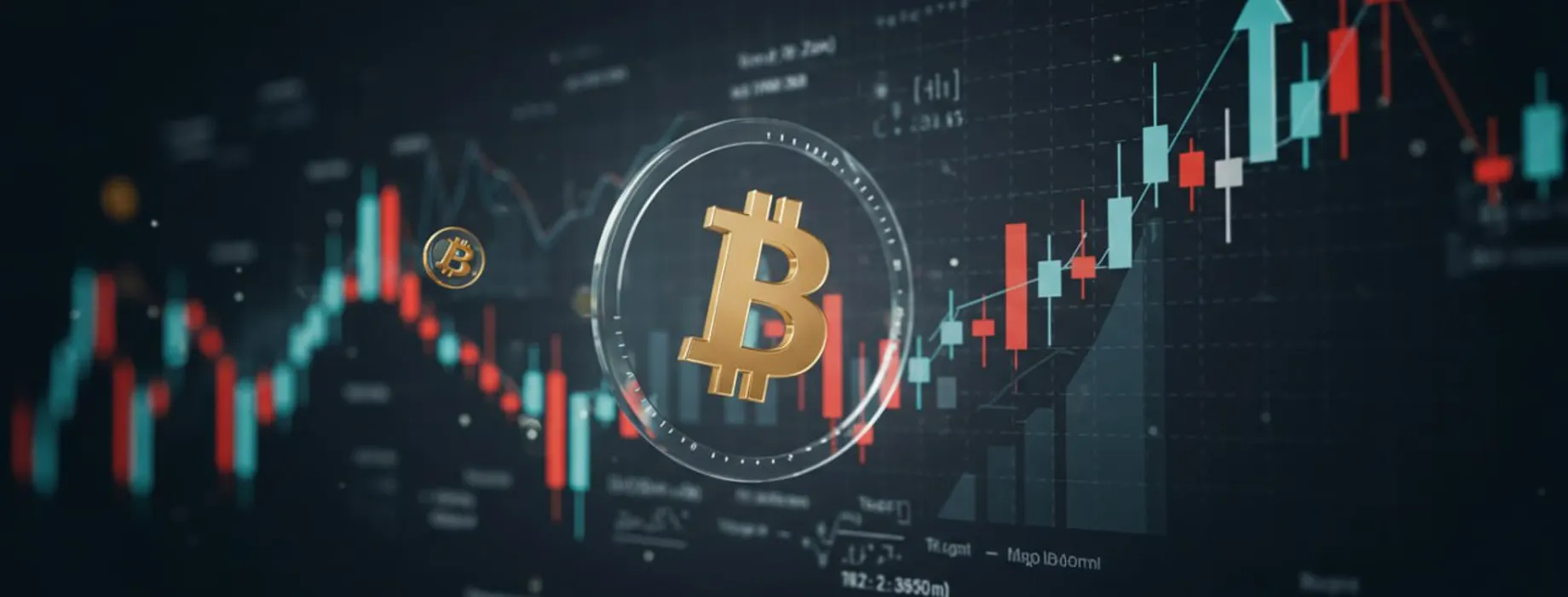- Limited supply: Only up to 21 million Bitcoins can be mined.
- Investor confidence: Growing acceptance and use as a means of payment.
- Blockchain technology: Redefining security and transparency in the network.
What is the Backing of Bitcoin: Comprehensive Analysis and Future Prospects

The question about what backs Bitcoin is commonly raised among investors and cryptocurrency enthusiasts. This analysis seeks to clarify the concept of backing when it comes to Bitcoin, examining its influence on the market and its implications for the future of cryptocurrencies.
Article navigation
- Unveiling the Concept of Collateral
- Bitcoin: A Cryptocurrency Without Conventional Collateral
- Distinctive Characteristics of Bitcoin
- Contrasting Bitcoin and Fiat Currencies
- Impact of the Absence of Collateral on Bitcoin
- Pros and Cons of Bitcoin
- Pocket Option and the Cryptocurrency Market
- Future of Bitcoin and Possible Scenarios
Unveiling the Concept of Collateral
Collateral is a concept that refers to an asset that guarantees the value of a currency. In the past, national currencies were backed by precious metals like gold or silver, which provided confidence in their real value. Today, many fiat currencies, such as the US dollar, are not backed by physical assets, relying on trust in the issuing government. In the Bitcoin universe, the discussion about what backs Bitcoin emerges due to its decentralized and intangible nature. Unlike traditional currencies, Bitcoin is not supported by physical assets or governments, which raises questions about its stability and inherent value.
Bitcoin: A Cryptocurrency Without Conventional Collateral
Bitcoin is often characterized as an asset without traditional collateral, which implies that its value is not guaranteed by tangible assets. Its value is established by supply and demand dynamics. Investor confidence in the system and the limited supply of Bitcoin (with a cap of 21 million coins) are fundamental elements for its appreciation.
The question “does Bitcoin have collateral?” is recurrent in debates about the legitimacy and trust in the asset’s value. This is crucial to understand how Bitcoin’s value is perceived and sustained in the financial environment.
Distinctive Characteristics of Bitcoin
Contrasting Bitcoin and Fiat Currencies
When comparing Bitcoin with fiat currencies, such as the dollar or the euro, striking differences are observed. Fiat currencies are regulated by central banks, which control their issuance through economic policies. In contrast, Bitcoin operates on a network without centralized control.
Impact of the Absence of Collateral on Bitcoin
The absence of traditional collateral in Bitcoin is seen both as a positive point and a weakness. The lack of centralized control allows for greater freedom and innovation, while market volatility can be partially attributed to the lack of a physical asset guaranteeing Bitcoin’s value.
Interestingly, despite not having traditional collateral, Bitcoin is often compared to digital gold, due to its scarcity and potential as a store of value.
Pros and Cons of Bitcoin
- Pros: Decentralization, Digital scarcity, Long-term appreciation potential
- Cons: High volatility, Absence of physical collateral, Regulatory uncertainties
Interesting Fact: In 2024, Bitcoin represented more than 60% of the total market value of cryptocurrencies, reinforcing its prominent position in the crypto ecosystem. This dominance demonstrates investor confidence in the cryptocurrency, even without traditional collateral. Additionally, the acceptance of Bitcoin by various companies as a form of payment has grown, consolidating its legitimacy as a currency.
Pocket Option and the Cryptocurrency Market
The Pocket Option platform offers investors the opportunity to trade cryptocurrencies like Bitcoin through quick trading. This provides a fast and dynamic way to explore the cryptocurrency market, even though Bitcoin does not have traditional collateral. Trading short-term price variations can attract investors interested in profiting from market volatility.
Future of Bitcoin and Possible Scenarios
The fate of Bitcoin and other cryptocurrencies continues to be a topic of discussion and speculation. Some possibilities include:
- Institutional adoption: With more companies and financial institutions adopting Bitcoin, its legitimacy and stability may be reinforced.
- Regulation: Governments around the world may implement rules that affect the trading and use of Bitcoin.
- Technological advances: New technologies may increase Bitcoin’s security and efficiency, potentially accelerating its adoption.
Notable Example: MicroStrategy, a business intelligence company, invested billions of dollars in Bitcoin, betting on its potential as a store of value, exemplifying how companies are incorporating Bitcoin into their financial strategies.
Understanding the issue of Bitcoin collateral is essential to assess its impact on the financial market. Analyzing the concept of collateral is vital to understand how Bitcoin can continue to evolve and influence the future of global finance.
FAQ
What is the backing of Bitcoin?
Bitcoin does not have physical backing like gold or silver. Its value is derived from investor trust and the market's supply and demand forces. Blockchain technology and digital scarcity are fundamental elements that support its value.
How does blockchain technology impact the value of Bitcoin?
Blockchain technology offers security and transparency to Bitcoin transactions, which increases investor confidence. This, in turn, has a positive impact on the value of Bitcoin in the market.
What is the effect of regulation on Bitcoin?
Regulation can both restrict and stimulate the growth of Bitcoin. Clear rules can increase confidence and institutional adoption, while severe restrictions can limit the use and trading of the cryptocurrency.
How does the digital scarcity of Bitcoin influence its value?
Digital scarcity, with a maximum of 21 million units, creates a demand that can increase the value of Bitcoin as more investors and institutions seek to acquire the cryptocurrency.
Why is Bitcoin compared to gold?
Bitcoin is compared to gold due to its scarcity and potential as a store of value. Like gold, Bitcoin is seen as a hedge against inflation and a way to preserve wealth in the long term.